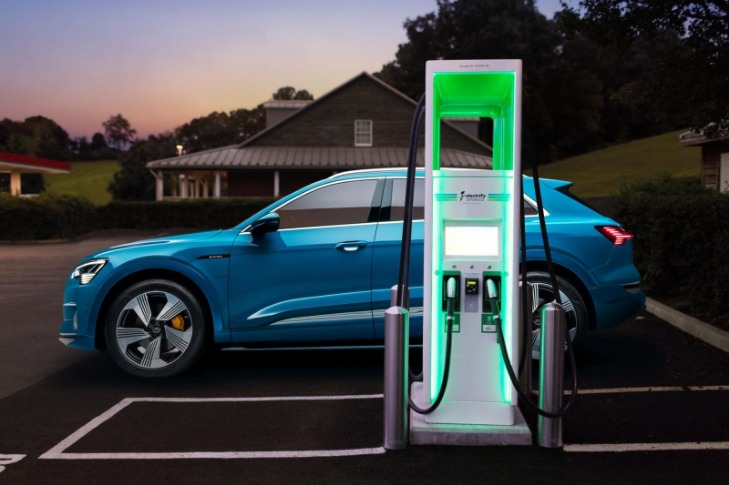In recent years, the popularity of electric vehicles (EVs) has been on the rise as more consumers look for eco-friendly transportation options. With this increase in EV ownership, the need for accessible and efficient EV charging infrastructure has become more important than ever before.
The Importance of EV Charging Stations
EV charging stations play a crucial role in supporting the widespread adoption of electric vehicles. Without a reliable network of charging stations, EV owners may face range anxiety and be limited in their ability to travel long distances. By providing convenient access to EV charging, these stations help alleviate concerns about running out of battery power while on the road.
Read more about EV charging for businesses here.
Types of EV Charging
There are several different types of EV charging options available, each offering varying speeds and levels of convenience. Level 1 charging utilizes a standard household outlet and is the slowest method, while Level 2 chargers are faster and can be installed at home or in public locations. DC fast chargers are the quickest option, allowing EV owners to recharge their vehicles in a matter of minutes.
Some EV charging stations are free to use, while others require payment either through a subscription service or pay-per-use model. As the demand for EV charging grows, more businesses and municipalities are investing in expanding their charging infrastructure to accommodate the needs of EV owners.
The Future of EV Charging
As technology continues to advance, the future of EV charging looks promising. Innovations such as wireless charging and ultra-fast charging capabilities are on the horizon, making it even easier for EV owners to power up their vehicles quickly and efficiently.
With government incentives and initiatives aimed at promoting sustainable transportation, the growth of EV charging stations is expected to continue in the coming years. By investing in a robust network of charging infrastructure, we can help create a cleaner and greener future for generations to come.



